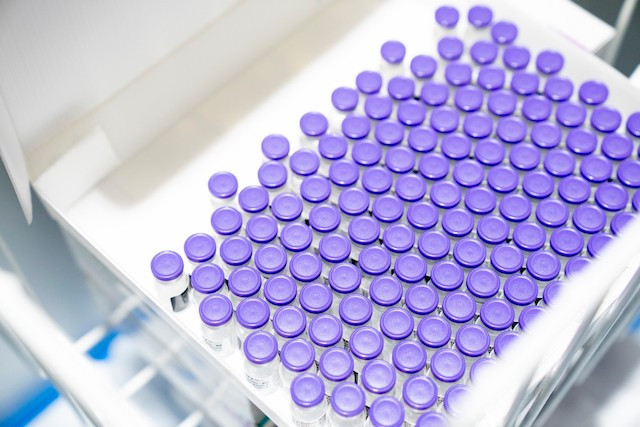The Indian variant, blamed for the explosion in covid-19 infections taking place in India, first appeared in the country in mid-April with the first three cases. But should Luxembourg be worried? “I don't think so,” explains Schockmel. “The Indian variant is no more dangerous than other variants known to date. We have no reason to believe that it is the variant per se that is responsible for the situation in India,” he adds.
The latest figures released on Wednesday by Luxembourg’s health ministry show three new cases of the Indian variant in the country, while the British variant remains in the majority (85.3% of cases). Schockmel clarifies that the health precautionary measures put in place in India “are not similar to ours. There have been religious celebrations, and it is not possible to establish and generalise teleworking. It is therefore normal that contamination is soaring in this country, where it has never been possible to implement a real lockdown."
"The virus will continue to mutate"
The health system and difficult access to healthcare in India are also put into question. "The Indian population is also much less vaccinated than [here], we cannot transpose our rules and our health situation there, we cannot compare Luxembourg with India," Schockmel says.
“The virus will continue to mutate, and new variants will always be discovered, as there is a lot of virus sequencing. The important thing is to continue to intensify the vaccination campaign so that each vaccinated person has antibodies and immunity. The vaccine does not always prevent you from being infected with the virus and being able to transmit it, but it does prevent serious forms and complications from developing because it stimulates the immune system."
Less severe forms after vaccination
The observation is one already shared by Marc Fischbach, president of Copas (confederation bringing together almost all care homes in Luxembourg), who a few weeks ago explained that residents of nursing homes, who had been vaccinated, had tested positive for covid -19 but had either been asymptomatic or had only developed a simple cold.
"What is useful is to do an antibody test a few weeks after vaccination, on people at high risk of developing a severe form, in order to assess their protective immunity," adds Schockmel.
This article was originally published on Paperjam and has been translated and edited for Delano.
